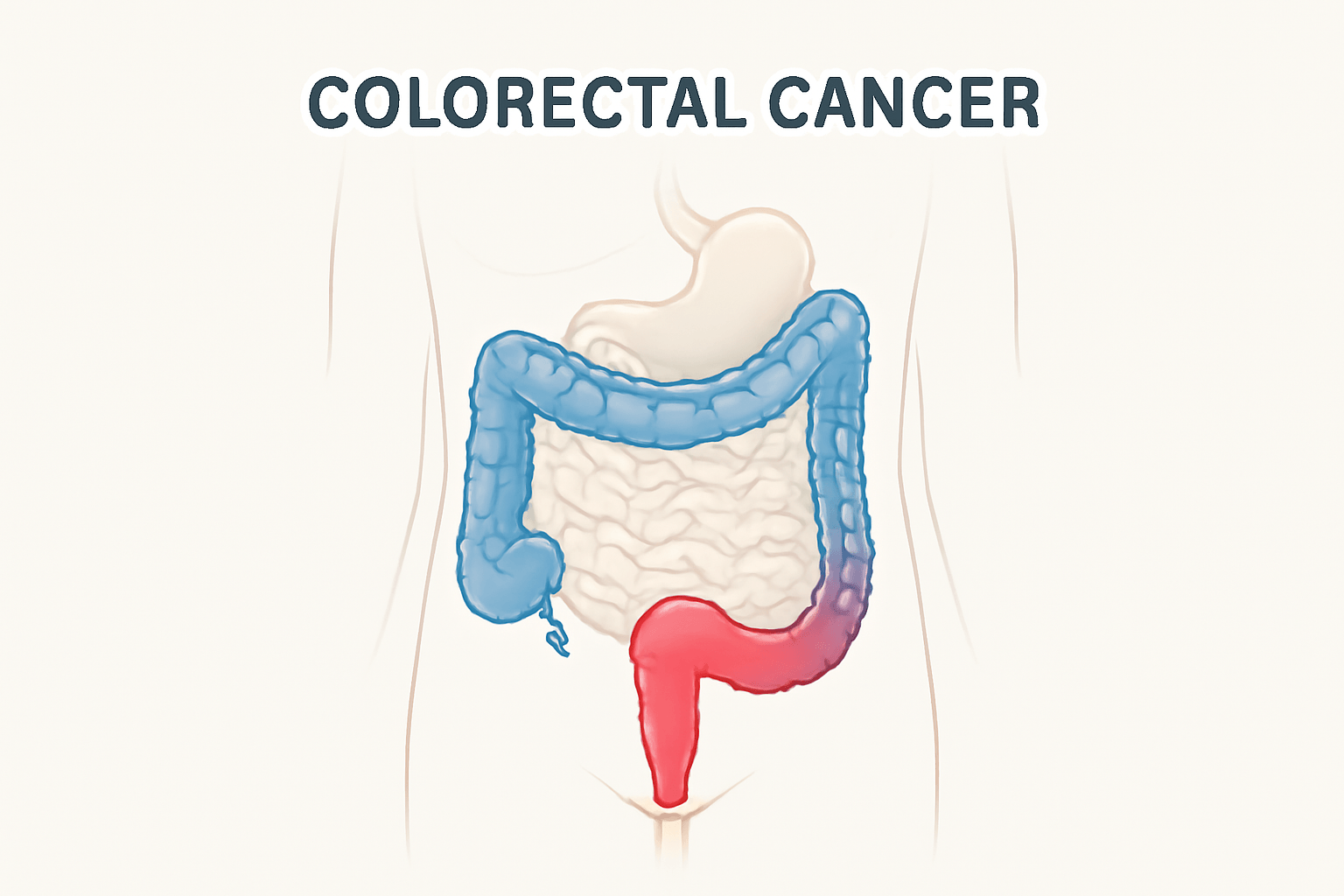September 5, 2025 | Dubai, UAE: Health professionals are increasingly observing an upsurge in colorectal cancer cases among younger adults, a development that raises significant concern among experts in the medical field globally. Historically regarded as a condition primarily affecting older individuals, this form of cancer is now manifesting more frequently in individuals under the age of 50. Research indicates a considerable influence of diet on this trend, as the consumption of food directly traverses the colon and rectum, thereby shaping the gut environment and impacting long-term health outcomes.
Habits and Symptoms
A nutritious diet is vital; however, it constitutes only one aspect of health. Engaging in regular physical activity significantly reduces the risk of colorectal cancer and mitigates obesity, which acts as another significant risk factor. It is recommended by health professionals that individuals partake in at least 150 minutes of moderate physical exercise weekly, in addition to incorporating strength training exercises on two occasions each week. Exercise not only lowers the risk but has also been known to help prevent new colon cancer.
Furthermore, the importance of screening cannot be overstated. Medical professionals advocate for colorectal cancer screening beginning at the age of 45, or earlier for individuals with a familial predisposition to the disease. Both colonoscopies and stool tests facilitate the early detection of cancer, at a stage when treatment options are most effective.
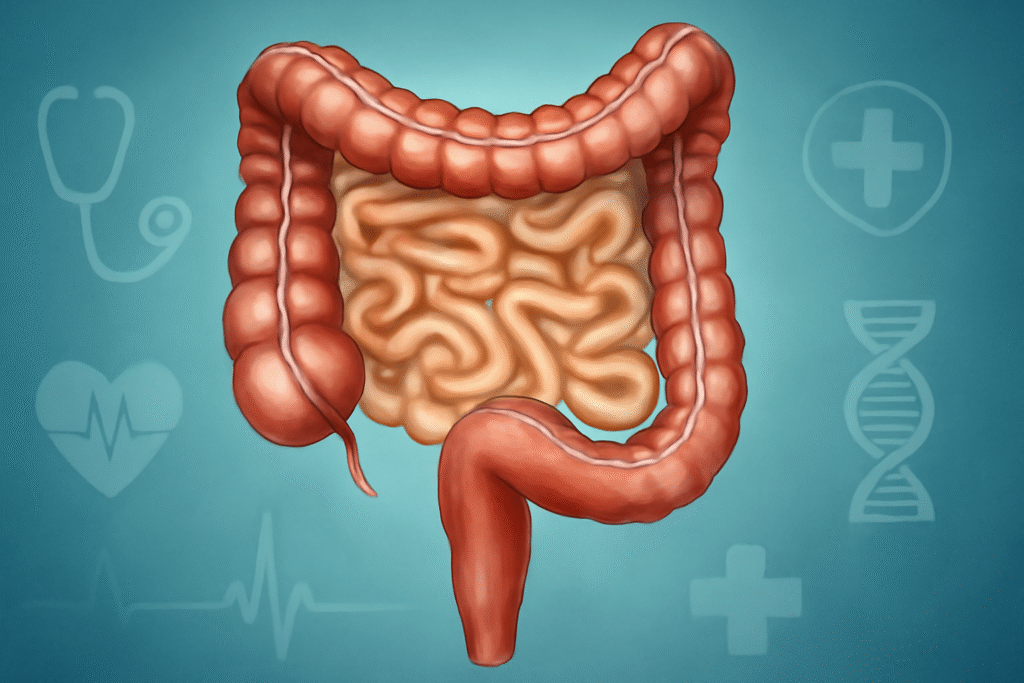
While genetic factors may elevate one’s risk, lifestyle choices are capable of reducing this risk. As articulated by a cancer specialist, measures that safeguard colon health concurrently promote overall well-being. This indicates that the same strategies employed to decrease the risk of cancer also serve to prevent diabetes and cardiovascular diseases.
Knowing the warning signs helps with early detection. Common colorectal cancer symptoms include:
- Blood in the stool or rectal bleeding
- Ongoing diarrhea or constipation
- Persistent stomach pain, cramps, or bloating
- A feeling that your bowel never empties fully
- Unexplained weight loss, tiredness, or weakness
If you notice these Colorectal Cancer symptoms, seek medical advice immediately. Early diagnosis makes treatment far more effective. Health experts emphasize that becoming familiar with Colorectal Cancer symptoms can empower individuals to take action sooner and protect their long-term health.
What Protects and What Harms the Colon?
Fiber is one of the strongest protectors against colorectal cancer. It helps move waste smoothly, reduces inflammation, and supports the growth of healthy gut bacteria. These bacteria crowd out harmful ones that may release toxins and damage colon cells.
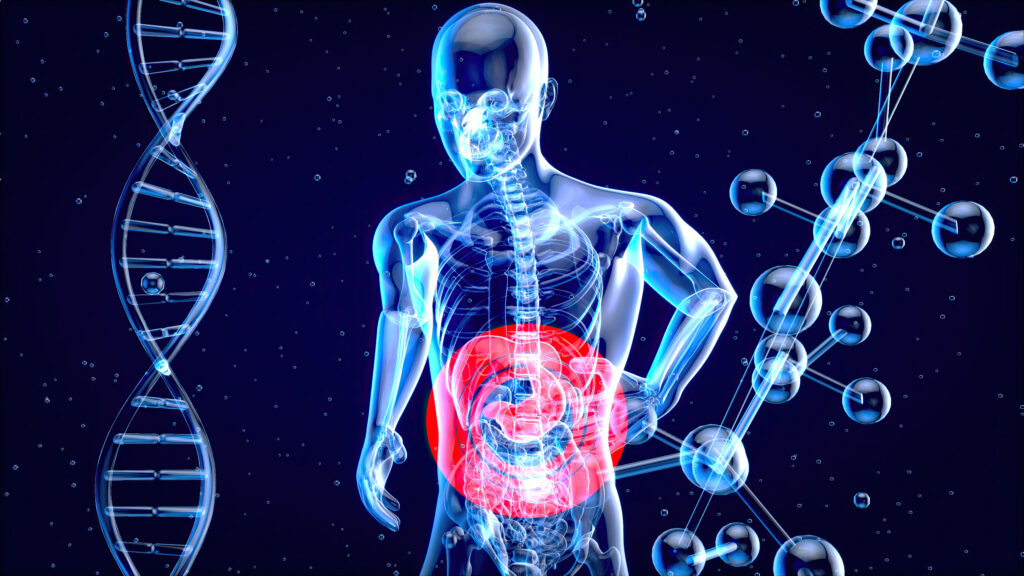
Experts recommend eating at least 30 grams of fiber daily. You can reach this goal by adding fruits, vegetables, whole grains, beans, and nuts to your meals. Most adults eat only half this amount, leaving their digestive system less protected than it could be. Eating a variety of fiber rich food leads to the encouragement of growth of “good” bacteria which may surpass the damaged colon cells.
Calcium also plays a vital role in lowering cancer risk. It binds to harmful compounds in the gut before they can harm colon cells. Foods like yogurt, cheese, milk, tofu, and leafy greens are excellent sources.
A long-term U.S. study involving nearly half a million adults showed that people with the highest calcium intake had a 29% lower risk of colorectal cancer. Probiotic-rich yogurt adds further protection by blocking harmful bacteria from settling in the colon. Experts suggest that adults aim for approximately 1,000 to 1,20l milligrams of calcium daily which can come from food or supplements.
Coffee and tea along with fruits and vegetables are also associated with a reduced risk of colorectal cancer. These foods and drinks have anti-inflammatory properties and may help prevent both the onset and the recurrence of the disease.
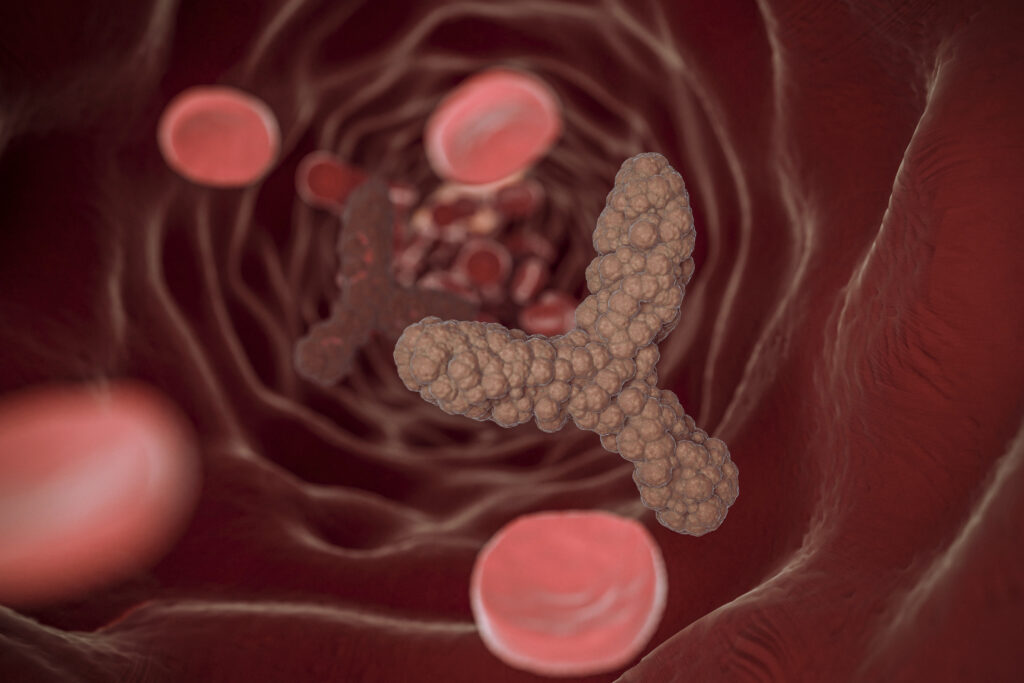
Not all foods are beneficial. Processed meats such as bacon, sausages, and deli slices are linked to higher cancer risk. Research shows they may raise the risk by up to 40%.
Red meat is another concern, especially when cooked at very high heat or charred on the grill. Studies suggest it can increase risk by 30%. Health experts recommend limiting red meat to one serving a week and avoiding processed meats as much as possible. Fish, tofu or poultry are also seen as healthier protein alternatives.
Alcohol also increases colorectal cancer risk, along with several other cancers. The safest choice is to avoid it, but if you drink, keep it moderate—one drink per day for women and two for men.
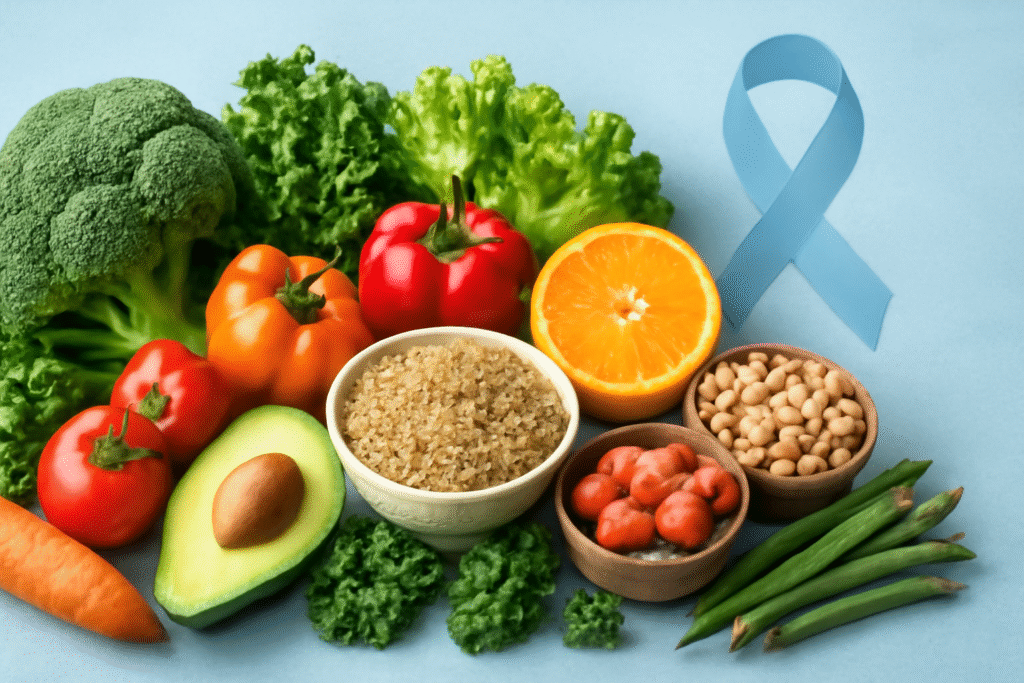
Sugary drinks and ultra-processed foods pose another danger. They can disturb the gut microbiome, weaken the intestinal lining, and promote weight gain, all of which may increase cancer risk.
Moving Toward Prevention of Colorectal Cancer
The incidence of colorectal cancer among younger adults is increasing; however, preventive measures are available. A dietary approach that includes increased consumption of fiber and calcium-rich foods, as well as a reduction of processed meats and alcohol, may diminish the risk of this disease. Coffee, tea and anti-inflammatory foods provide further protection.
When coupled with consistent physical activity and regular screening, these practices contribute significantly to protection against colorectal cancer. Moreover, remaining vigilant regarding the Colorectal Cancer symptoms associated with colorectal cancer and making informed dietary choices at this time can promote long-term health and well-being. Experts emphasize that everything that has been proven to benefit colon health can also support overall health, lowering the risk of other chronic diseases like heart disease and diabetes.


